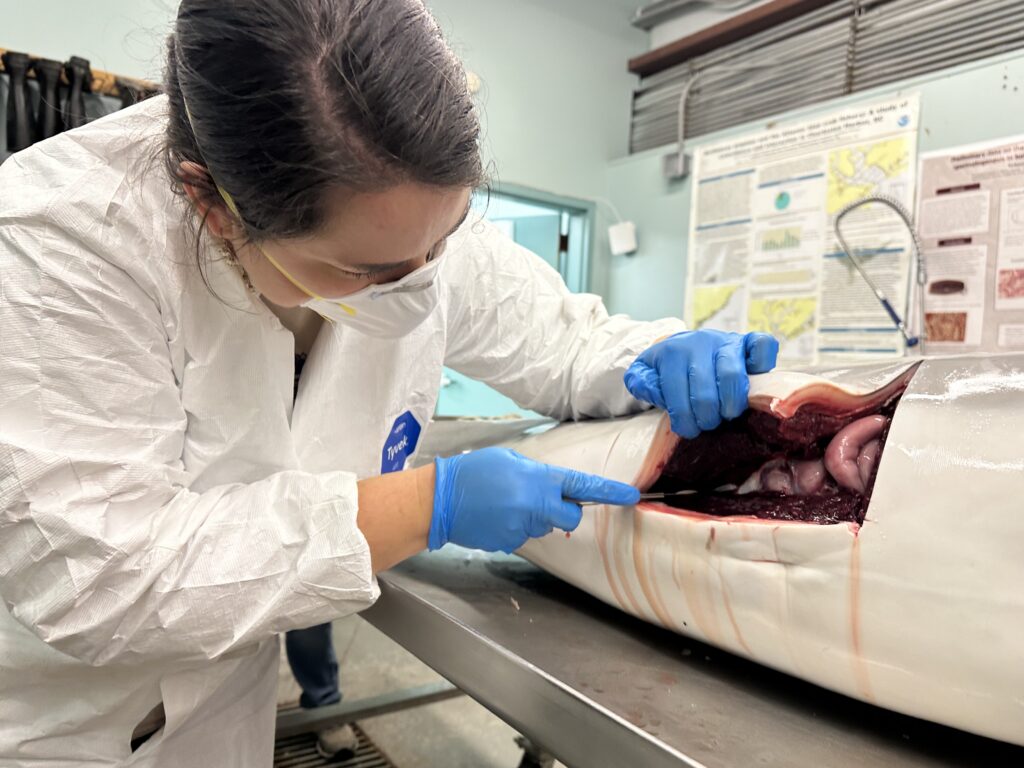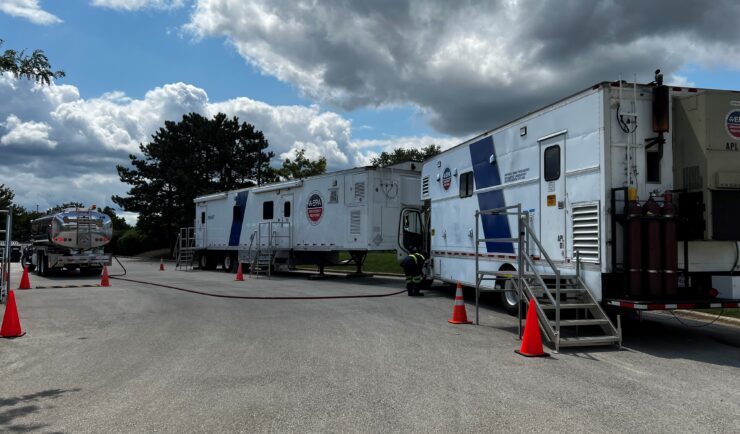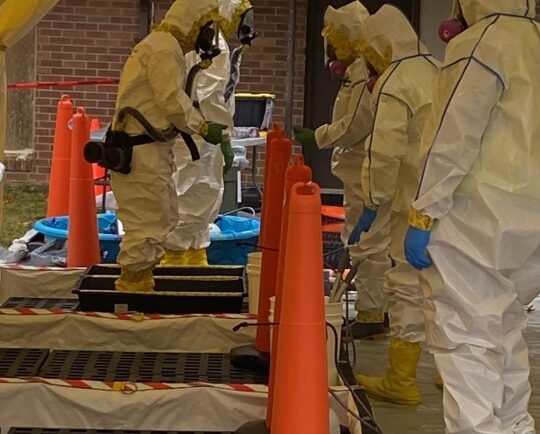
CSS employee owner and Marine Mammal Microplastic Specialist supporting NOAA’s National Centers for Coastal Ocean Science assists the South Carolina Marine Mammal Stranding Network in responding to dead marine mammals when they strand on beaches or estuaries throughout South Carolina. This is work is critical for human and environmental health because it provides invaluable samples which allow scientists to
- better understand ecosystem conditions since marine mammals are important indicators of the health of their environment,
- gain insight to the health of the marine mammal community,
- assume potential impacts for humans living in the coastal zone.
In addition, removing marine mammal carcasses from public spaces helps avoid potential disease transfer to humans.
The Lowcountry Marine Mammal Network (LMMN) is the current NOAA Fisheries permit holder—a permit required by the Marine Mammals Protection and Endangered Species Act for research including collecting samples for biopsies. The organization currently has only one staff member dedicated to these responses. Since responding to stranded, deceased marine mammals is not safe or possible to do alone, CSS staff supporting NCCOS frequently assist with field responses, conducting necropsies (i.e. animal autopsies), and sample collection.


Following sample collection, the CSS Marine Mammal Microplastic Specialist is specifically responsible for the gastrointestinal assessment. Responsibilities for this task include dissecting and analyzing the stomach and entire intestinal tracts of stranded marine mammals. This assessment helps provide information regarding the animal’s recent diet and is one of the final determinants of whether an animal was affected by human interaction, specifically by ingesting microplastics. This data is used by LMMN, NOAA’s National Marine Fisheries Service, and NOAA’s National Centers for Coastal Ocean Science.
See More CSS Insights

An Approach to Assessing Laboratory Space
CSS employee owners were part of a team of scientists at the National Institutes of Health who developed an approach to evaluating new laboratory space to determine if the space will fit operational needs. This concept, titled The BaseLINE Approach, combines traditional safety processes with additional safety and environmental factors to assess before operations begin.…

Emergency Response Support for the Republican National Convention
CSS employee owners on contract with the U.S. Environmental Protection Agency’s Portable High-throughput Integrated Laboratory Identification System — a mobile analytical unit known as PHILIS — provided emergency response support for the 2024 Republican National Convention. PHILIS mobile laboratory units are designed to provide onsite analysis of environmental conditions, including air and soil samples, contaminated…

Developing a Decontamination Line Guide for EPA Responders
CSS employee owners supporting the Environmental Protection Agency’s (EPA) Scientific and Technical Assistance for Consequence Management (STACM) contract have been working with the National Chemical Preparedness Workgroup and Sub Workgroups to create a decontamination (decon) line guide and detailed drawing for EPA on-scene coordinators and EPA’s special teams to use for emergency responses and incidents. The…
